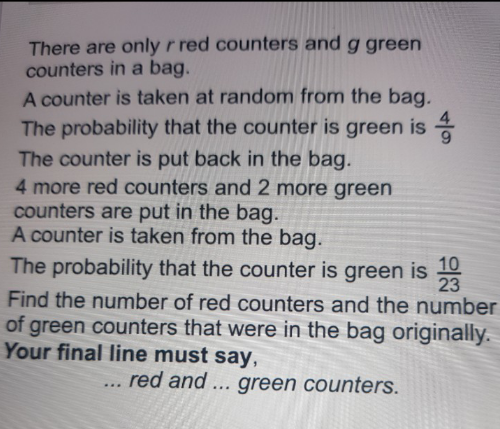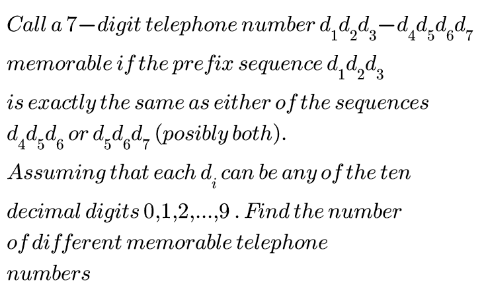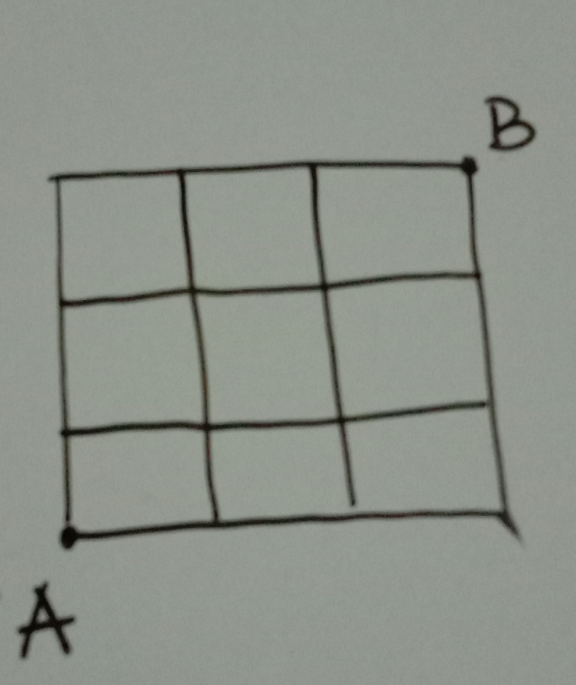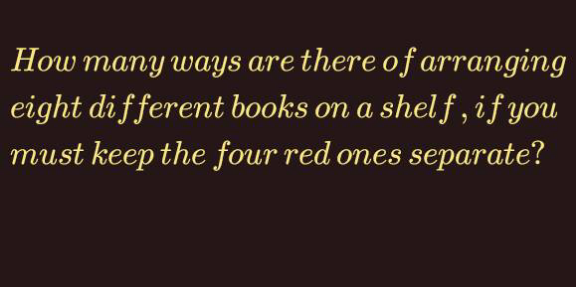
Permutation and CombinationQuestion and Answers: Page 11
Question Number 123577 Answers: 1 Comments: 0

Question Number 122250 Answers: 1 Comments: 0

Question Number 121829 Answers: 1 Comments: 0

Question Number 121851 Answers: 0 Comments: 1
Question Number 120954 Answers: 0 Comments: 0
Question Number 120431 Answers: 1 Comments: 2

Question Number 120209 Answers: 1 Comments: 0
Question Number 120188 Answers: 0 Comments: 0
Question Number 120090 Answers: 0 Comments: 0
Question Number 119896 Answers: 2 Comments: 1

Question Number 119747 Answers: 1 Comments: 0
Question Number 119733 Answers: 1 Comments: 5

Question Number 119479 Answers: 3 Comments: 0
Question Number 119397 Answers: 2 Comments: 1
Question Number 119390 Answers: 2 Comments: 0
Question Number 119364 Answers: 2 Comments: 0
Question Number 118822 Answers: 2 Comments: 0
Question Number 118694 Answers: 2 Comments: 0
Question Number 118555 Answers: 2 Comments: 0

Question Number 118489 Answers: 2 Comments: 0
Question Number 117708 Answers: 2 Comments: 3
Question Number 117281 Answers: 1 Comments: 0
Question Number 117192 Answers: 1 Comments: 0
Question Number 116883 Answers: 1 Comments: 0
Question Number 116881 Answers: 3 Comments: 0
Question Number 116397 Answers: 2 Comments: 0
